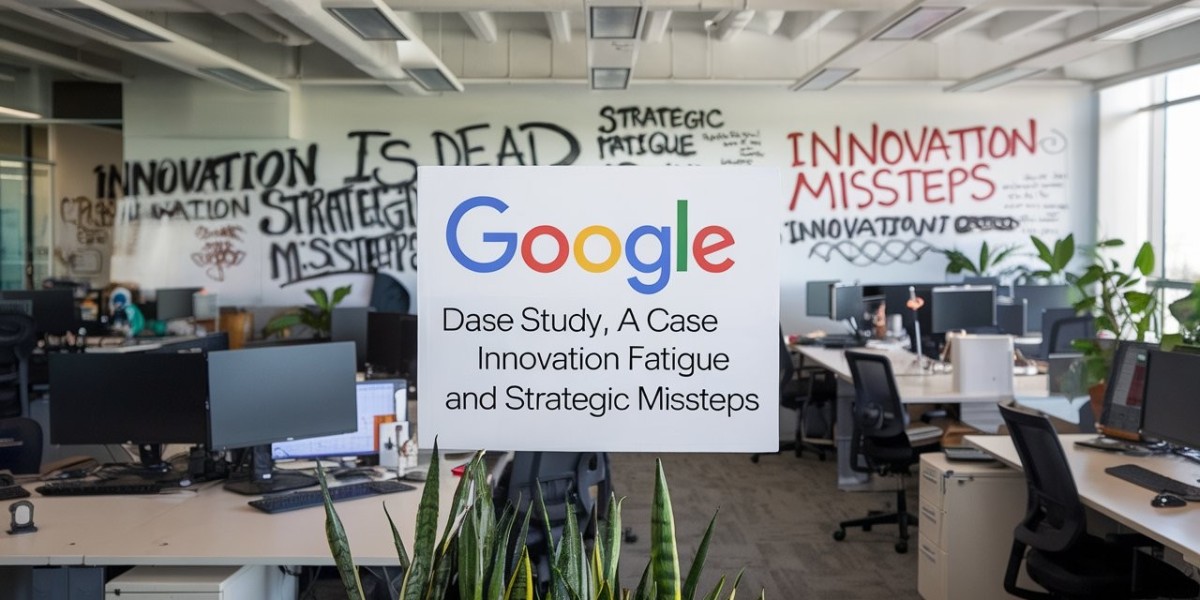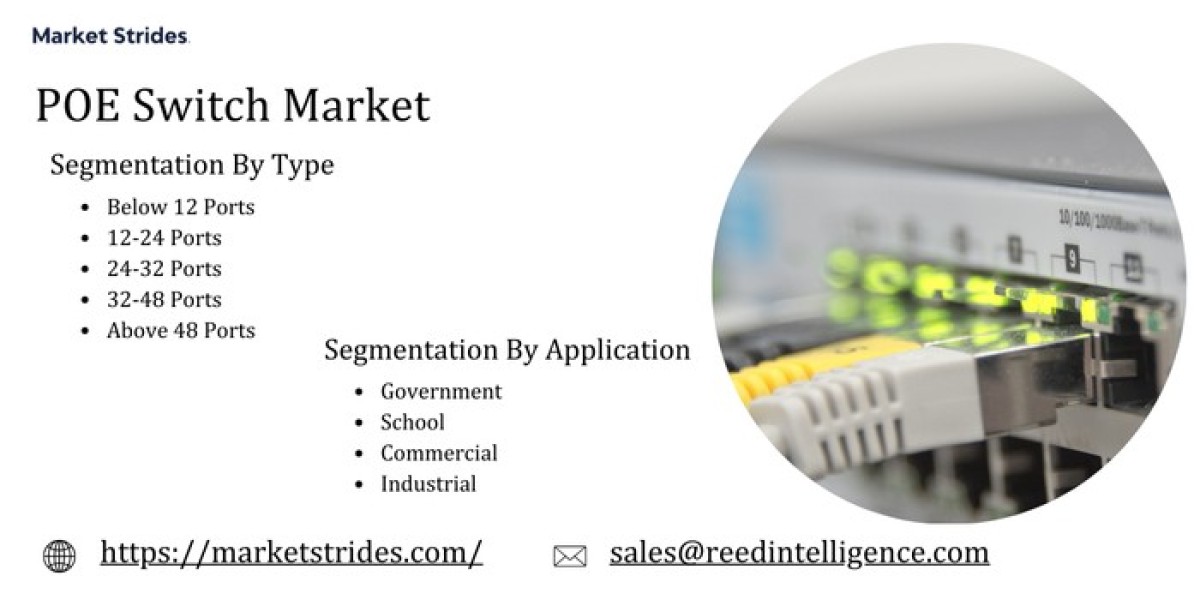The global artificial intelligence market size is experiencing an unparalleled boom, with its value reaching approximately USD 2.41 trillion in 2024. This market is poised for remarkable growth, projected to grow at a CAGR of 32.40% from 2025 to 2034, reaching nearly USD 39.89 trillion by 2034. AI is rapidly transforming industries worldwide, revolutionizing the way businesses operate, interact with customers, and harness data. From healthcare and finance to automotive and retail, AI is setting the stage for groundbreaking changes across sectors.
Market Size and Growth Rate
The global AI market reached a value of approximately USD 2.41 trillion in 2024 and is forecasted to grow at an astonishing CAGR of 32.40% between 2025 and 2034. This strong growth trajectory is driven by continued investments in AI research and development, advances in machine learning (ML), deep learning, natural language processing (NLP), and computer vision, as well as the increasing adoption of AI-powered technologies across industries. By 2034, the AI market is expected to reach a massive value of USD 39.89 trillion, highlighting the profound impact AI will have on global economies and societies.
Key Drivers of Market Growth
1. Technological Advancements and Innovations
Technological advancements, particularly in machine learning, natural language processing, and deep learning, have greatly accelerated the development and adoption of AI. These technologies allow machines to process vast amounts of data, recognize patterns, and make decisions in real time, driving innovation across various sectors. AI technologies such as AI-driven chatbots, predictive analytics, and autonomous systems are improving the efficiency and effectiveness of business operations, contributing to market growth.
2. Increasing Data Generation
Data is the cornerstone of AI systems. As the volume of data generated by businesses, consumers, and IoT devices continues to grow exponentially, the demand for AI solutions that can process, analyze, and derive actionable insights from this data is increasing. AI-powered technologies are enabling businesses to make data-driven decisions faster, automate processes, and enhance customer experiences, leading to a greater adoption of AI solutions.
3. Growing Adoption Across Industries
AI is being integrated into various industries, including healthcare, automotive, retail, finance, manufacturing, and energy. The application of AI in healthcare, for example, is transforming diagnostics, drug discovery, and personalized treatment. In the automotive industry, AI is powering autonomous vehicles and predictive maintenance solutions. As industries continue to realize the potential of AI in improving operational efficiency, reducing costs, and enhancing customer experiences, the demand for AI technologies is expected to soar.
4. Investment from Tech Giants
Large technology companies like Google, Microsoft, Amazon, IBM, and NVIDIA are leading the charge in AI innovation. These companies are making substantial investments in AI research and development, creating AI-driven products and services, and enabling smaller businesses to leverage AI technologies. The rise of cloud-based AI platforms has also made it easier for businesses of all sizes to access advanced AI capabilities without the need for significant infrastructure investment.
5. Government Initiatives and Regulations
Governments worldwide are increasingly recognizing the importance of AI in driving economic growth and competitiveness. Countries such as China, the United States, and European Union nations have developed national AI strategies, investing in AI research, and implementing regulatory frameworks to foster innovation. Government support for AI education, research, and infrastructure is a key driver of market expansion.
Challenges in the Artificial Intelligence Market
1. Data Privacy and Security Concerns
With AI technologies relying heavily on data, issues related to data privacy and security are significant concerns. The use of personal data in AI applications, such as healthcare and finance, has raised questions about how data is collected, stored, and used. Governments are introducing stricter data protection regulations (e.g., GDPR) to address these concerns, but businesses still face challenges in balancing innovation with compliance.
2. Lack of Skilled Workforce
Despite the rapid growth of the AI sector, there is a significant shortage of skilled professionals in AI-related fields such as machine learning, data science, and robotics. Companies are struggling to find qualified talent to develop and implement AI technologies, slowing the adoption of AI solutions in certain sectors. This talent gap is expected to remain a challenge for the foreseeable future, requiring increased investment in education and training.
3. High Costs of AI Implementation
AI development and implementation require substantial financial investment, particularly for businesses looking to integrate AI across various functions. The cost of AI technologies—ranging from AI software to the infrastructure required for data storage and processing—can be prohibitive for small and medium-sized enterprises (SMEs). Although cloud-based AI solutions are making it more accessible, the initial costs of AI adoption still pose a barrier to entry for many organizations.
4. Ethical and Regulatory Issues
The deployment of AI raises a host of ethical issues, including concerns about job displacement, bias in algorithms, and the accountability of AI-driven decisions. For example, AI algorithms used in hiring processes or law enforcement can inadvertently perpetuate biases, leading to unfair outcomes. Additionally, the rapid pace of AI development has outpaced regulatory frameworks, leaving governments and organizations struggling to create appropriate laws and standards for responsible AI use.
Key Trends in the Artificial Intelligence Market
1. Expansion of AI in Healthcare
AI’s potential in healthcare is vast, with applications ranging from diagnostic tools to personalized medicine. AI-powered diagnostics are already improving accuracy and speed in detecting conditions like cancer, diabetes, and heart disease. The market for AI-driven healthcare solutions is expected to grow exponentially as more healthcare providers adopt AI technologies to enhance patient outcomes and optimize operations.
2. AI-Powered Automation in Industries
AI-driven automation is transforming industries such as manufacturing, logistics, and finance by automating repetitive tasks, improving efficiency, and reducing human error. In manufacturing, AI-powered robots are being used for tasks like assembly, quality control, and inventory management. This trend is expected to continue, with AI increasingly integrated into the Internet of Things (IoT) to enable smarter, more autonomous operations.
3. AI in Autonomous Vehicles
Autonomous vehicles are one of the most prominent applications of AI. AI technologies such as computer vision, machine learning, and sensor fusion are enabling vehicles to operate autonomously, leading to safer and more efficient transportation. The growth of the autonomous vehicle market will be a significant contributor to the overall growth of AI, with applications extending beyond personal vehicles to include autonomous trucks, drones, and public transportation.
4. AI in Retail and Customer Experience
Retailers are increasingly using AI to enhance the customer experience through personalized recommendations, dynamic pricing, and predictive analytics. AI-powered chatbots, virtual assistants, and recommendation engines are becoming commonplace, helping businesses engage customers more effectively and streamline operations.
Market Segmentation
The global AI market can be segmented based on technology, application, end-user, and region:
By Technology
- Machine Learning
- Natural Language Processing (NLP)
- Computer Vision
- Robotics
- Speech Recognition
By Application
- Healthcare
- Automotive
- Retail
- Manufacturing
- Finance
- Agriculture
By End-User Industry
- Large Enterprises
- Small and Medium Enterprises (SMEs)
By Region
- North America: The largest market, driven by the presence of leading AI companies and technological advancements.
- Europe: Focus on AI research and development, particularly in the automotive and healthcare sectors.
- Asia Pacific: Rapid adoption of AI in countries like China, Japan, and India.
- Latin America: Increasing investments in AI research and development.
- Middle East and Africa: Growing interest in AI for smart cities, healthcare, and government applications.
Major Competitors in the Artificial Intelligence Market
Leading players in the AI market include:
- Google (Alphabet Inc.) – A pioneer in AI research and development, particularly in machine learning and natural language processing.
- Microsoft – Known for its Azure AI platform, which offers cloud-based AI services and solutions.
- Amazon (AWS) – A leader in cloud-based AI services and machine learning solutions through Amazon Web Services.
- IBM – Known for its Watson AI platform, providing AI solutions for healthcare, business, and customer service.
- NVIDIA – A leader in AI hardware, particularly GPUs, which are critical for AI model training.
- Intel – Offering AI solutions through its hardware platforms and AI software solutions.
- Tesla – A key player in autonomous vehicle technology and AI-powered systems.








